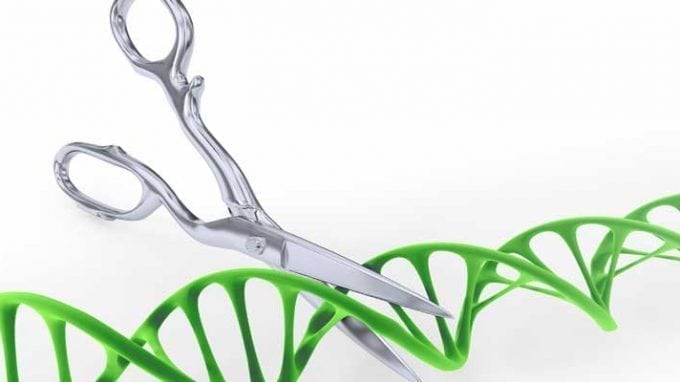New findings by Chinese researchers indicate that gene mutations may affect fertility by preventing egg cells from ever maturing properly.
Infertility is an issue that many women struggle with, and it can be caused by a variety of health issues. As medical knowledge about this subject continues to grow, researchers are better able to understand the underlying causes of infertility. Some new research has discovered that a genetic mutation can be responsible for infertility among women. These findings may be extremely beneficial to women who are considering undergoing fertility treatments.
New Study Discovers Gene Mutations Cause Infertility
The new findings come from a study done for the New England Journal of Medicine by a team of researchers in China, which was led by Dr. Lei Wang. This study looked at 24 women that were unable to get pregnant, and it discovered that seven of the women could not get pregnant because of a specific genetic reason. This gene mutation may be particularly common in China, since roughly 0.1 percent of the female population has some struggles with infertility.
The gene mutation responsible for infertility occurs in the gene known as TUBB8. This is a gene that is responsible for coding proteins to build cellular structures. The gene can affect fertility because it seems to have some relation to how egg cells mature within the ovaries. When women have a particular mutation, their eggs cannot mature, so they never reach a point where they can be fertilized by a sperm cell. Instead of maturing, their eggs stop maturing at the point called meiosis 1. This happens because the TUBB8 mutation prevents the microtubules of the egg cell from maintaining its structure. Without the proper structure, there are defects in spindle assembly, which would normally prevent cells from dividing too early.
Who Is Affected by the Mutation?
After identifying the TUBB8 mutation, the researchers experimented with egg cells, from both mice and humans, to further understand how the mutations are affecting the maturation of eggs. They realized that the mutation only occurs within primates. However, if the mutation was injected into a mouse egg cell, maturation would begin to halt, just like it happened with human egg cells.
Though the gene affects the fertility of women, it appears that the mutation is typically passed down through the woman’s father. 71 percent of the women in the study received the gene mutation from their father. However, the rest of the women appeared to have a gene mutation that was spontaneous, instead of inherited. This makes it seem likely that infertility may be inherited due to genetic mutations that can naturally occur within a family.
The Importance of the New Information
These findings are particularly useful because a simple test would make it clear what the fertility issue is. Couples would not have to spend money on expensive in vitro techniques because they would already know that in vitro fertilization would not actually be useful. Currently, for women with the TUBB8 mutation, the best options for having a family would be either using a surrogate or beginning the adoption process. These findings will help women struggling with infertility to receive a definitive answer about what is causing infertility.
Currently, there is no way to make an egg cell with the mutation mature into a functioning cell that can be fertilized normally. However, infertility experts who have studied the research remain hopeful that a cure may eventually be reached. Through further study, researchers hope to understand more about how the microtubules and spindles form fully mature egg cells, and they may eventually be able to mature eggs which are affected by the TUBB8 mutation.




